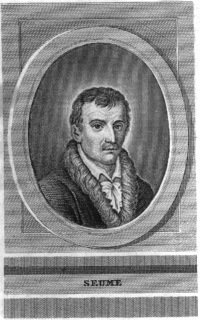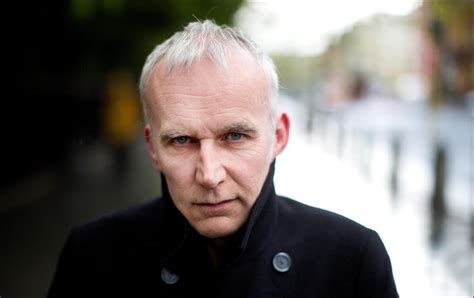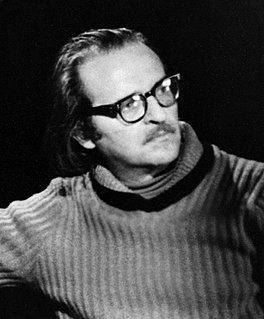A Quote by Johann Gottfried Seume
Man ought always to have something that he prefers to life; otherwise life itself will seem to him tiresome and void.
Related Quotes
Sven's actual results on the park were not quite good enough to make him a hero, and not quite bad enough to get him the sack, so he left the gentlemen of the press with something of a void. And they abhor a void. Soon the discovery that Sven was in fact a hammer-man of legendary proportions filled the void, until the media came to realise that Sven was that rare thing, a man whose astonishing success with women somehow didn't make him more interesting.
Evasion of the unadorned immediacy of life is as deep-seated as it is relentless. Even with the ardent desire to be aware and alert in the present moment, the mind flings us into tawdry and tiresome elaborations of past and future. This craving to be otherwise, to be elsewhere, permeates the body, feeling, perceptions, will - consciousness itself. It is like the background radiation from the big bang of birth, the aftershock of having erupted into existence.
Therefore the good man ought to be a lover of self, since he will then both benefit himself by acting nobly and aid his fellows; but the bad man ought not to be a lover of self, since he will follow his base passions, and so injure both himself and his neighbors. With the bad man therefore, what he does is not in accord with what he ought to do, but the good man does what he ought, since intelligence always chooses for itself that which is best, and the good man obeys his intelligence.
Christianity set itself the goal of fulfilling man’s unattainable desires, but for that very reason ignored his attainable desires. By promising man eternal life, it deprived him of temporal life, by teaching him to trust in God’s help it took away his trust in his own powers; by giving him faith in a better life in heaven, it destroyed his faith in a better life on earth and his striving to attain such a life. Christianity gave man what his imagination desires, but for that very reason failed to give him what he really and truly desires.
Some men -- not all men -- see always before them an ideal, a mental picture if you will, of what they ought to be, and are not. Whoso seeks to follow this ideal revealed to the mental vision, whoso seeks to attain to conformity with it, will find it enlarge itself, and remove from him. He that follows it will improve his own moral character, but the ideal will remain always above him and before him, prompting him to new exertions.
All the delights of sense, or heart, or intellect, with which you could once have tempted him, even the delights of virtue itself, now seem to him in comparison but as the half nauseous attractions of a raddled harlot would seem to a man who hears that his true beloved whom he has loved all his life and whom he had believed to be dead is alive and even now at his door.
Is not the gospel its own sign and wonder? Is not this a miracle of miracles, that 'God so loved the world that He gave His only begotten Son, that whosoever believeth in Him should not perish'? Surely that precious word, 'Whosoever will, let him come and take the water of life freely' and that solemn promise, 'Him that cometh unto Me, I will in no wise cast out,' are better than signs and wonders! A truthful Saviour ought to be believed. He is truth itself. Why will you ask proof of the veracity of One who cannot lie?
I don't know how to choose work that illuminates what my life is about. I don't know what my life is about and don't examine it. My life will define itself as I live it. The movies will define themselves as I make them. As long as the theme is something I care about at the moment, it's enough for me to start work. Maybe work itself is what my life is about.
































